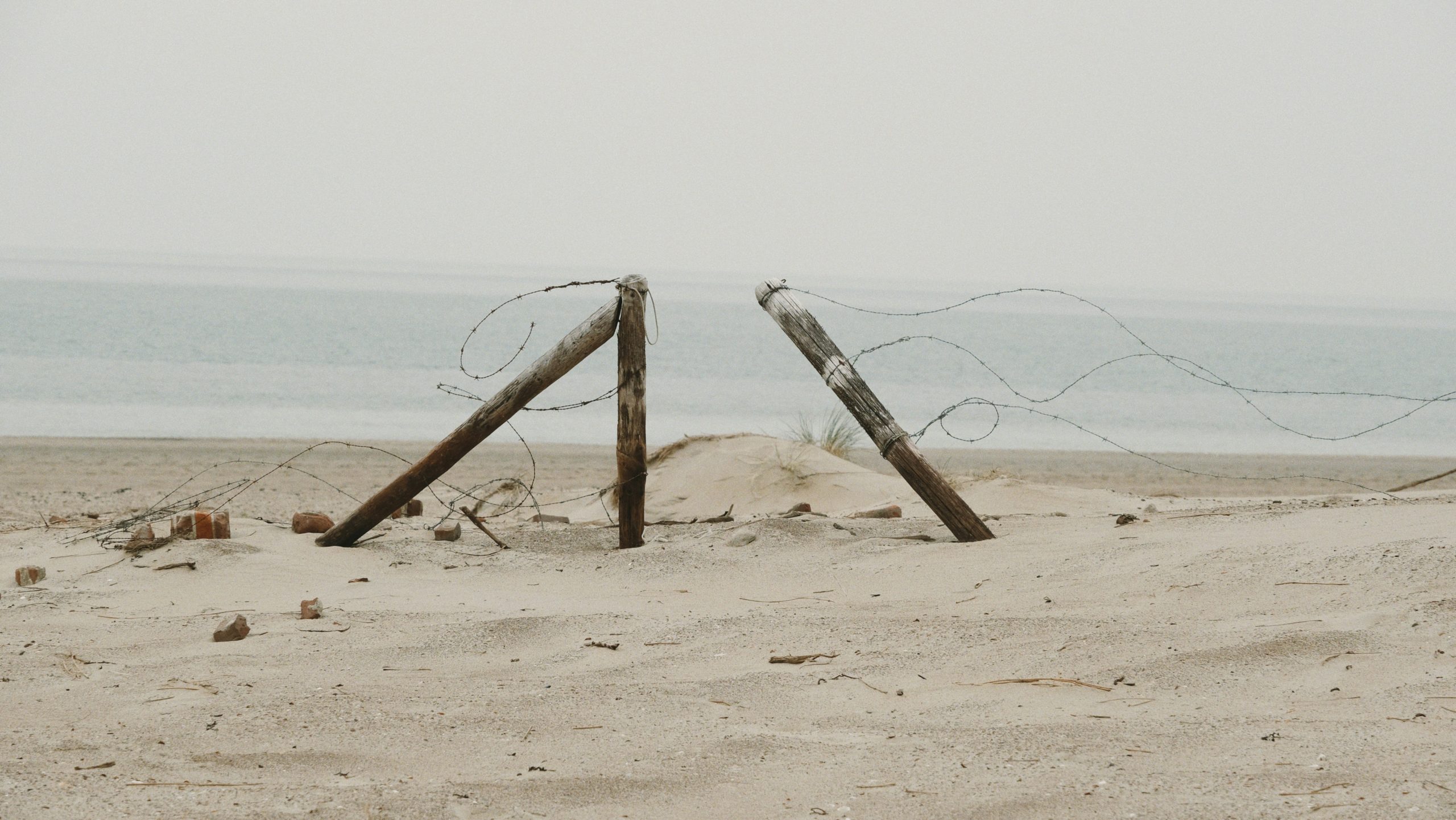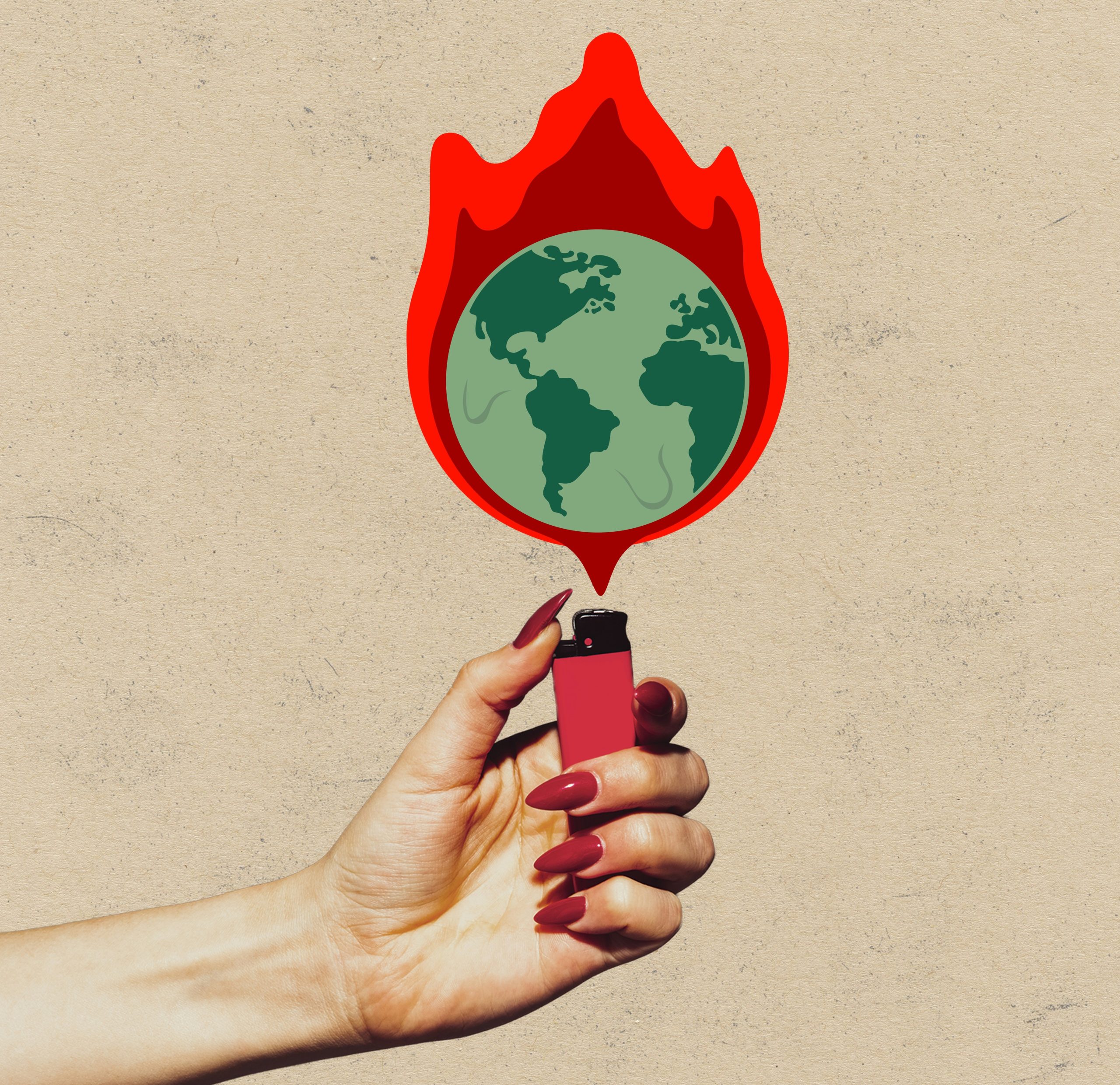Reading Lists
Three Unique Dystopian Novels to Read in 2017
Jeff VanderMeer picks three of his favorite dystopias that reflect our modern reality

Coming to New York City from May 1–7, the PEN World Voices Festival of International Literature will feature 150 writers and more than 70 panels to address the restive relationship between gender and power in the Trump era. For a complete schedule of events, including Jeff VanderMeer’s apperances at the Gender, Power, and Authoritarianism and Dystopian Wastelands panels, visit: www.penworldvoices.com
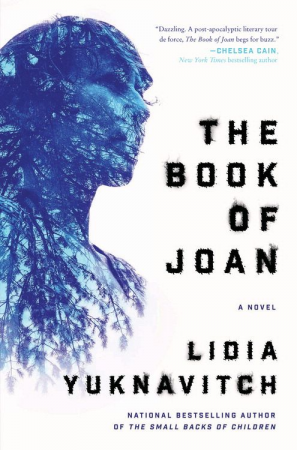
The Book of Joan by Lidia Yuknavitch
A fever dream of a novel grounded as much in the mystic as the real, The Book of Joan combines psychological realism with the fantastical or science-fictional to illuminate the horrors of late-stage capitalism and its effects on both humans and animals. But the novel also posits resistance that lives in the body and the skin in interesting ways, with elements that fuse dystopia and post-apocalyptic fiction. A bracing and fearsome exploration of what it means to resist and what it means to retain your humanity in the face of devastating forces.
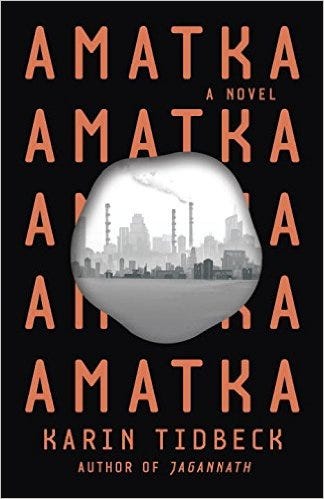
Amatka by Karin Tidbeck
This June 2017 release explores a strange world where the nature of reality is controlled by the mind; be sure to call a table a table and hold it in your thoughts or it may become something else entirely. This is the dystopia of anti-fact and shifting fact, and Tidbeck could not be more timely in the ways in which she shows us how our imaginations shape the world we move through. Imagine poorly and you wind up with a world of terrors and a vision of humanity that is destabilized. One of the most unique dystopias I have ever read.
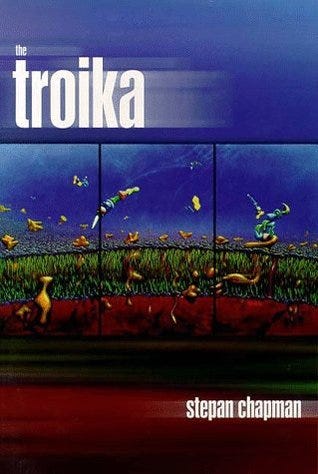
The Troika by Stepan Chapman
A Mexican woman, an intelligent jeep, and a brontosaurus on a quest across a desert ruled by three purple suns might sound just surreal and nothing else, but forgotten genius Stepan Chapman’s The Troika is a perfect dystopia for the modern era. Published in 1996 its tale of men becoming machines, a war of frozen clones, a futuristic Noah’s ark, and tangled relationships between the three main characters pinpoint the dysfunction at the heart of our world and foreshadowed the fragmentation of the digital era.


About the Author
Jeff VanderMeer’s latest novel is Borne, out from MCD/Farrar, Straus and Giroux, which Colson Whitehead called “a thorough marvel.” He is also known for his critically acclaimed NYT-bestselling Southern Reach trilogy from FSG, which won the Shirley Jackson Award and Nebula Award. The trilogy also prompted the New Yorker to call the author “the weird Thoreau” and has been acquired by publishers in 35 other countries, with Paramount Pictures releasing a movie in 2018. VanderMeer’s nonfiction has appeared in the New York Times, the Guardian, the Atlantic.com, Vulture, Esquire.com, and the Los Angeles Times.






